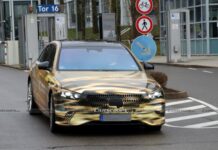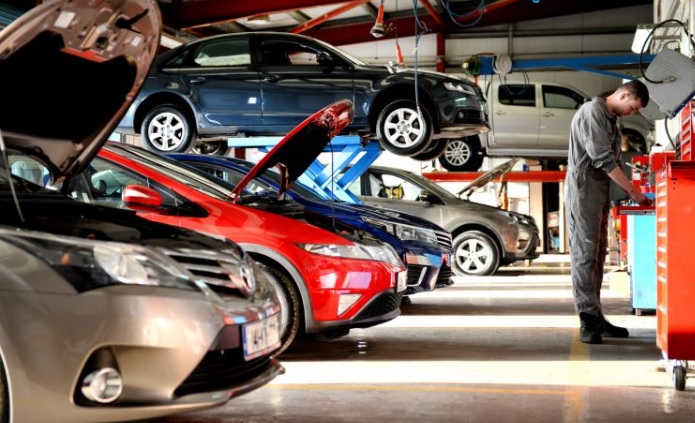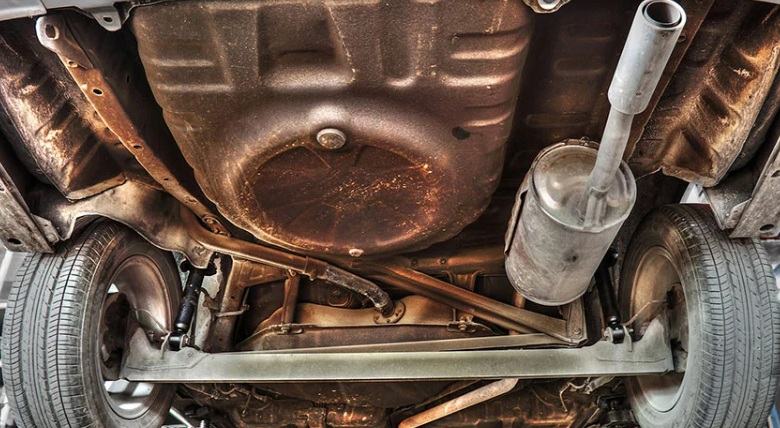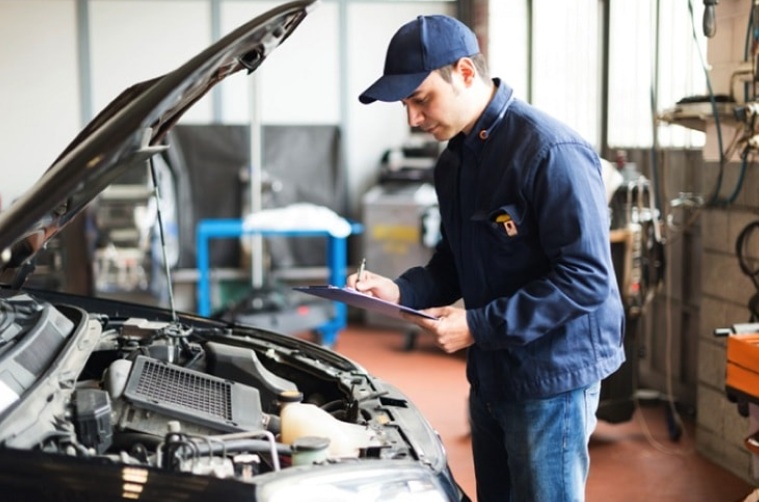Just like humans, cars have a certain “lifespan.”
After years of use, even the most reliable car will reach the end of its road. Knowing when to part ways with your old car can help you avoid technical and financial troubles and ensure peace of mind in your daily drives.
Here are five signs that it might be time to consider replacing your current vehicle:
1. Repair costs are skyrocketing
Frequent breakdowns and repairs are a clear sign that your car is nearing the end of its life. From oil leaks to faulty transmissions and air conditioning issues, your car might be spending more time in the repair shop than on the road.
While regular maintenance is essential, if your annual repair costs exceed 50% of the car’s value or major issues keep recurring, it might be more economical to invest in a newer car, either brand new or used but in better condition.
2. Severe rust and corrosion
In regions with high humidity or extreme weather conditions, older cars are prone to rust, especially on the undercarriage. While surface rust is manageable, deep corrosion that affects the structural integrity of the vehicle can be dangerous, especially in collisions.
Restoring heavily corroded areas can be costly and may not guarantee the same level of safety as before. Continuing to drive a severely rusted car could pose a significant risk to you and your passengers.
3. Failing engine or transmission
The engine and transmission are the most expensive components of a car. When the engine starts acting up—whether it’s frequent stalling, excessive oil consumption, overheating, or difficulty starting—or the transmission becomes erratic, repairs can cost a small fortune.
If your car is over ten years old, investing a large sum of money into replacing the engine or transmission might not be the wisest decision. When repair costs approach the remaining value of the car, it’s time to consider a replacement.
4. The car no longer fits your needs
Your vehicle requirements can change over time. The compact sedan that suited your single lifestyle might not be ideal anymore now that your family has expanded. A new job that requires longer commutes might call for a more fuel-efficient and comfortable ride.
Additionally, older car models often lack modern safety features like collision warning systems, Apple CarPlay/Android Auto integration, and 360-degree cameras, which not only enhance the driving experience but also improve safety.
5. You’re ready for an upgrade
Sometimes, the decision to replace your car isn’t solely based on technical issues. You might simply want a newer, more attractive, and feature-rich model. For many, upgrading their vehicle is a way to reward themselves for their hard work and improve their daily commutes.
Selling your old car while it still has some value can give you a budget for investing in a newer model. Don’t wait until your car completely breaks down, as its value will have significantly diminished by then.
Benefits of Replacing Your Old Car
While it can be emotionally challenging to part ways with a car that has served you for years, doing so can bring numerous benefits, including financial savings, peace of mind, and improved quality of life. Here’s how:
1. Cost Savings: No more spending a fortune on repairs for an aging vehicle. Investing in a newer car can reduce long-term operating and maintenance costs.
2. Peace of Mind: Bid farewell to unexpected breakdowns, especially during drives. Newer cars tend to be more reliable and are equipped with advanced safety technologies.
3. Optimized Living Space: Getting rid of an old, unused car frees up garage space, allowing you to own a newer, more suitable vehicle for your current needs.
4. Environmental Impact: Properly disposing of old cars through recycling and repurposing parts helps reduce industrial waste and toxic emissions, benefiting the environment.
Saying goodbye to your old car can be emotional, but making a timely decision can save you time, money, and enhance your overall well-being. A newer, more suitable car will be a reliable companion for the journeys ahead.
The Rivian R1T Electric Truck Incurs a Whopping $9,000 in Repairs for Minor Damage.
The Rivian R1T has a reputation for being a costly vehicle to repair. In some instances, the repair costs can be as high as the price of a brand-new car. This electric adventure vehicle is a complex machine, and when it comes to fixing any issues, it can be an expensive endeavor. With its cutting-edge technology and innovative design, it’s no surprise that specialized knowledge and parts are required to keep it running smoothly.















































